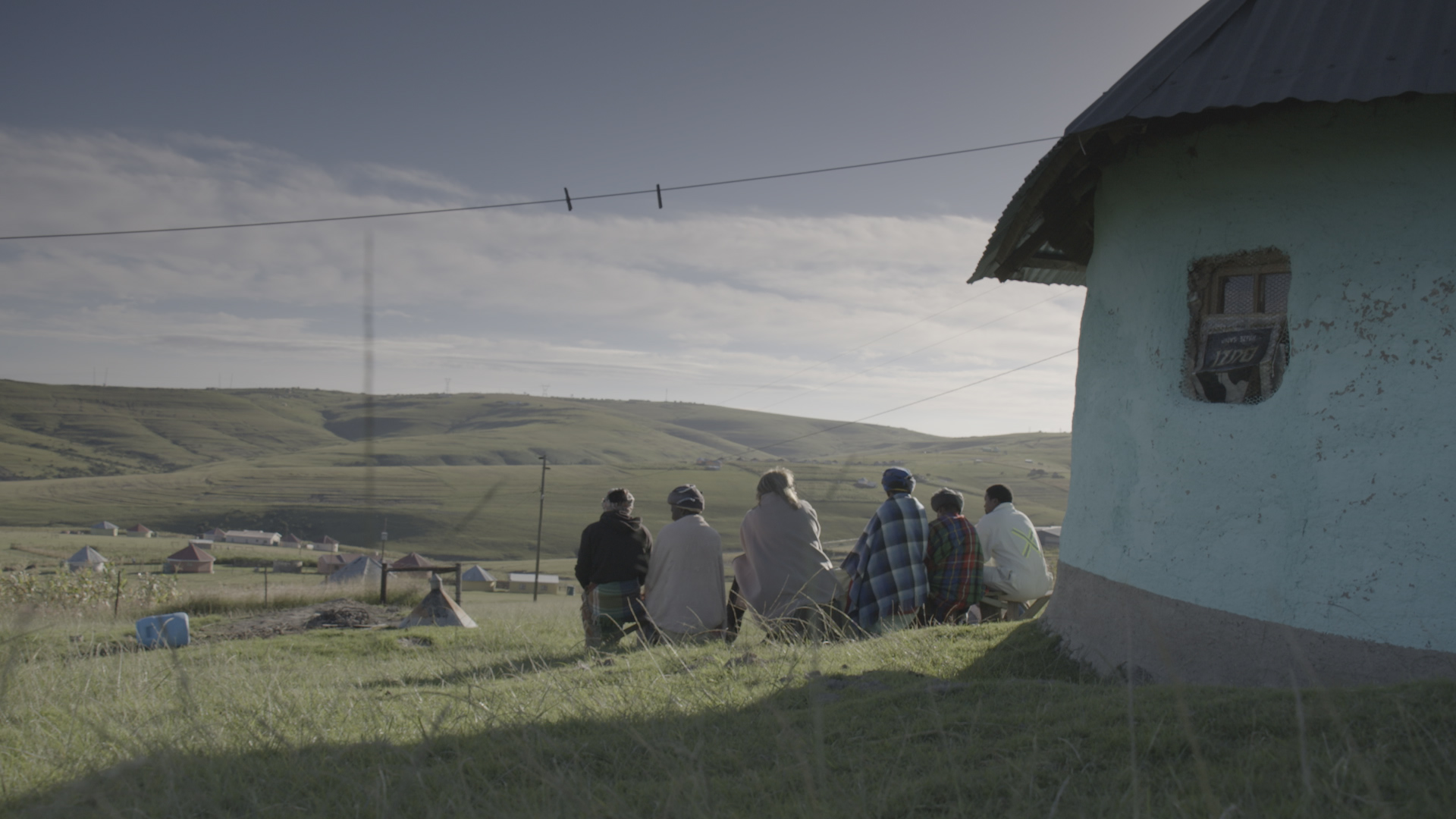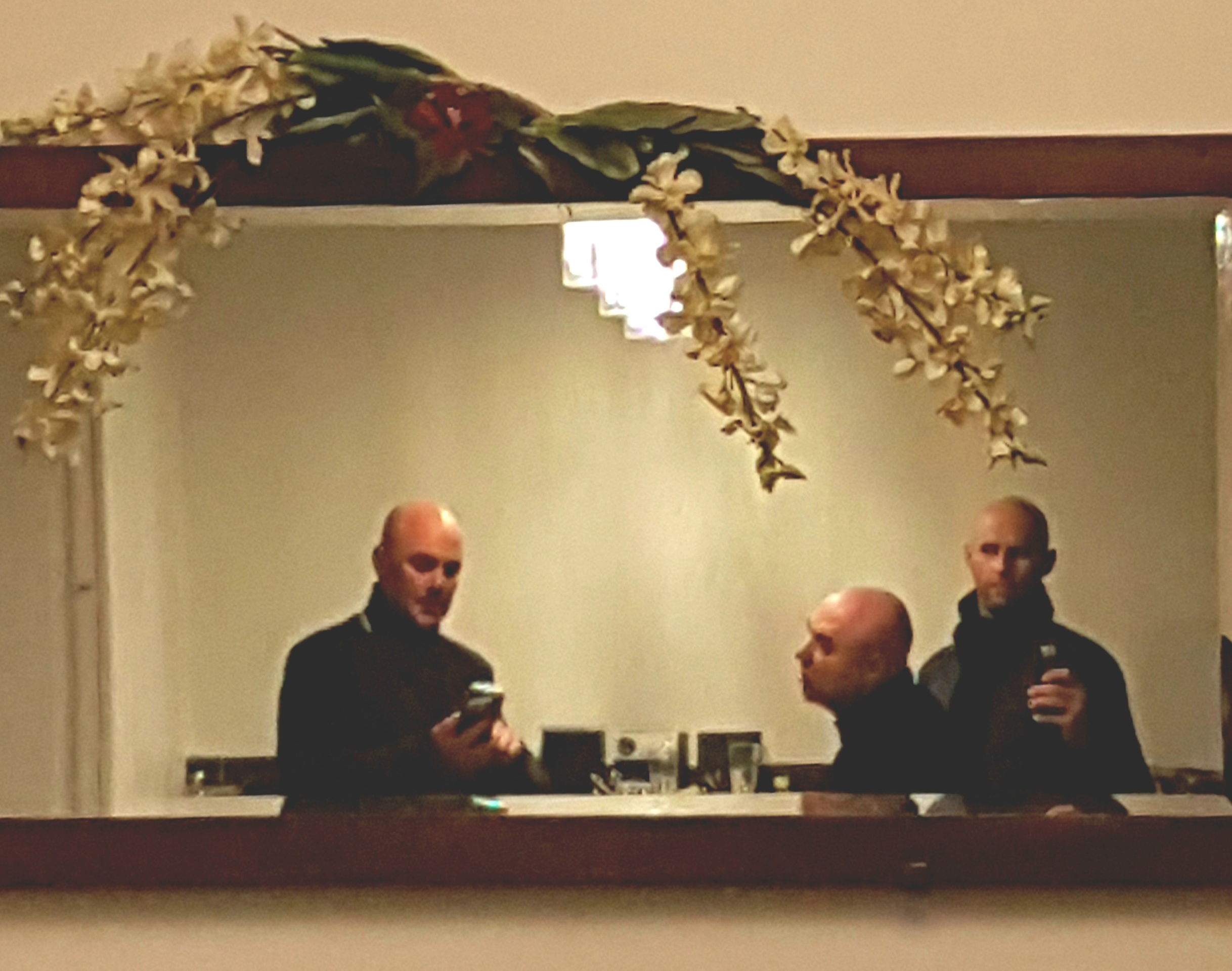In a time when the other is viewed as much more of a threat than at any other time and the antagonism and visibility heightened because of social media, finding yourself in a body that is alienating and seemingly viewing the world differently than people around you, can make life seem intolerable. DIANE DE BEER spoke to them:
Pictures reflect the many faces of Miles:

That’s what happened to Miles Kean Cilliers Robinson when they hit puberty. What they know now is that they have been battling to identify with the gender assigned to them at birth.
In a documentary titled Call Me Miles – Brutally Honest, available on Netflix and a must-see, they tell their story with an openness and vulnerability that’s sometimes painful yet highlights the issues of growing up in a world that doesn’t make sense to them.
Finding myself battling with many of the concepts simply because the words including the way to use pronouns is unfamiliar to me, and I am someone who embraces differences as well as acceptance, I can understand how frustrating it must be to navigate a life that seems so foreign to many.



I found their guidance and explanations extremely educational. We are living in a world that is more fluid than it has been my whole life and having no children, I don’t often have to face any of these issues. But I could see that Miles didn’t appreciate any of my blunders. And I agree. It is up to all of us to inform ourselves and I suspect, that is why Miles always knew that they wanted to share their story. They knew from the age of 16 that they are non-binary and needed to find a way to align their body with their personal identity, their sense of self.
With two parents in the newspaper world, they have always been aware of the importance of facts and getting the right stuff out there. And in this era of fake news and easy targets with social media available and anonymous, even more so than before.
The only time Miles was unaware of their predicament was in that time when little boys and girls are seen as just kids. And they are blessed with parents that always treated them simply as another human being. Their problems started when the outside world started intruding.
Still in primary school, a young classmate told them that it is time for them to start wearing a bra. “I was incensed,” they say, “how dare she?” Nevertheless it had to be addressed and their mom took them shopping with the advice that a sports bra would be the most comfortable option.



Miles with Dad Deon .
Their life however changed overnight when their mom decided to send them to one of Tshwane’s prestige schools, Afrikaanse Hoër Meisieskool Pretoria. They are an exceptional achiever regarded as highly intelligent, and Mom wanted the best possible education for her child. In retrospect they (and I suspect their parents) believe that this was the worst possible environment for them.
Overnight they walked into a world where the scholars were referred to as “ladies” (dames) and of course, had to wear dresses. Another public shaming exacerbated their emotional dilemma. During a swimming exercise, the girls spotted that they didn’t shave under their arms and they were ridiculed. “I couldn’t believe that they (his fellow scholars) didn’t want more than simply being the perfect little girl.”
And on that day, their obsession with their body, in particular “being fat” became part of their daily obsession. Telling their story they couldn’t emphasize enough how distressing this became. It completely dictated their life.
I met Miles more or less at the age of 14, and I can clearly remember that the person I saw was completely normal in size and looks, nothing strange or out of the ordinary. I would have described them as cute and wouldn’t have referred to their body at all.
“My discomfort in my own body only started when someone else said something,” they explain. And aren’t we all familiar with that one, only in their circumstances it played into already troubled emotions.
For Miles specifically it meant withdrawal and isolation, which made everything worse. “We grew up in a time where our parents were focussed on protecting us. There wasn’t time for holding me close, we had to be tough,” they say.


Kids were not deemed to be streetwise and they had to be taught the rules of the jungle hovering out there. Their generation, they argue, has greater exposure to others (not so much part of the Apartheid era where the focus was on separation) and thus have more empathy. “I see that as a pre-requisite to see the other,” they emphasise.
At this point their world started to change dramatically. And they capture it thus: What became clear to me was that my gender is not determined by the way I paint my nails or knot a tie.”
But only after many years of torture for this struggling teenager in an all-girls school, they asked to be booked into Denmar Mental Health Services. In the interim they had been self-harming with cutting and suicide attempts simply to stop the emotional chaos that became their world. Nothing came easy and even with a group of friends whom they describe as “a ragtag band of misfits” who offered some protection, they were drowning.

But they had made a decision when they asked to be booked into Denmar. “I am a boy,” they told everyone when they arrived, “please call me Miles.” And they did. The warmth and acceptance they received at the facility (“apart from one asshole psychiatrist!”), changed their life.
And that was the beginning of a new phase in their life. They still had to share their new self with their parents which then snowballed to the rest of the family and friends. Miles would have liked to have orchestrated their “coming out” more slowly, but they also know and accept that on the whole – especially with their parents – they have been blessed.
They still had top surgery to discuss and to navigate, all of which has been done and now their future stretches ahead of them with a clarity that perhaps during their school years seemed impossible.
Nothing came easily and their varsity studies were also interrupted by the wrong choice of subjects. But amidst all of the struggles that dominated their younger life, they know they have landed softly and opting for a degree in clinical psychology and anthropology, their future is about helping others with what they had to battle – often without guidance or role models.


When you hear them saying that a choice of opting to wear a binder (which compresses the breast) meant that they had to choose between physical or emotional discomfort, the constant unease of their life seems unbearable. Time and again, they would rather cope with the physical obstacles. “I didn’t have role models or anyone to turn to,” they say.
That is what they hope to change by opening a practise for transgender youth and young adults. “During the process of transitioning,” they say, “ I didn’t have anyone to go to. I had to put it all together myself.”
For the present, they are exactly where they want to be.










































 In an Oprah Masterclass podcast with Maya Angelou, relevance is underlined with the following Angelou musings:
In an Oprah Masterclass podcast with Maya Angelou, relevance is underlined with the following Angelou musings:












 A new Madiba documentary with Zelda la Grange at its centre will be screened on Sunday nights on kykNET at 8pm for the next 6 weeks. DIANE DE BEER attended the launch in Johannesburg:
A new Madiba documentary with Zelda la Grange at its centre will be screened on Sunday nights on kykNET at 8pm for the next 6 weeks. DIANE DE BEER attended the launch in Johannesburg: For Zelda, it is a simple quest: “I bear witness to a man waking up every day, convinced that if he could just touch one life a day, he could change the world. I think history tells us he did exactly that. So I choose to believe that individual actions matter too.
For Zelda, it is a simple quest: “I bear witness to a man waking up every day, convinced that if he could just touch one life a day, he could change the world. I think history tells us he did exactly that. So I choose to believe that individual actions matter too.




















